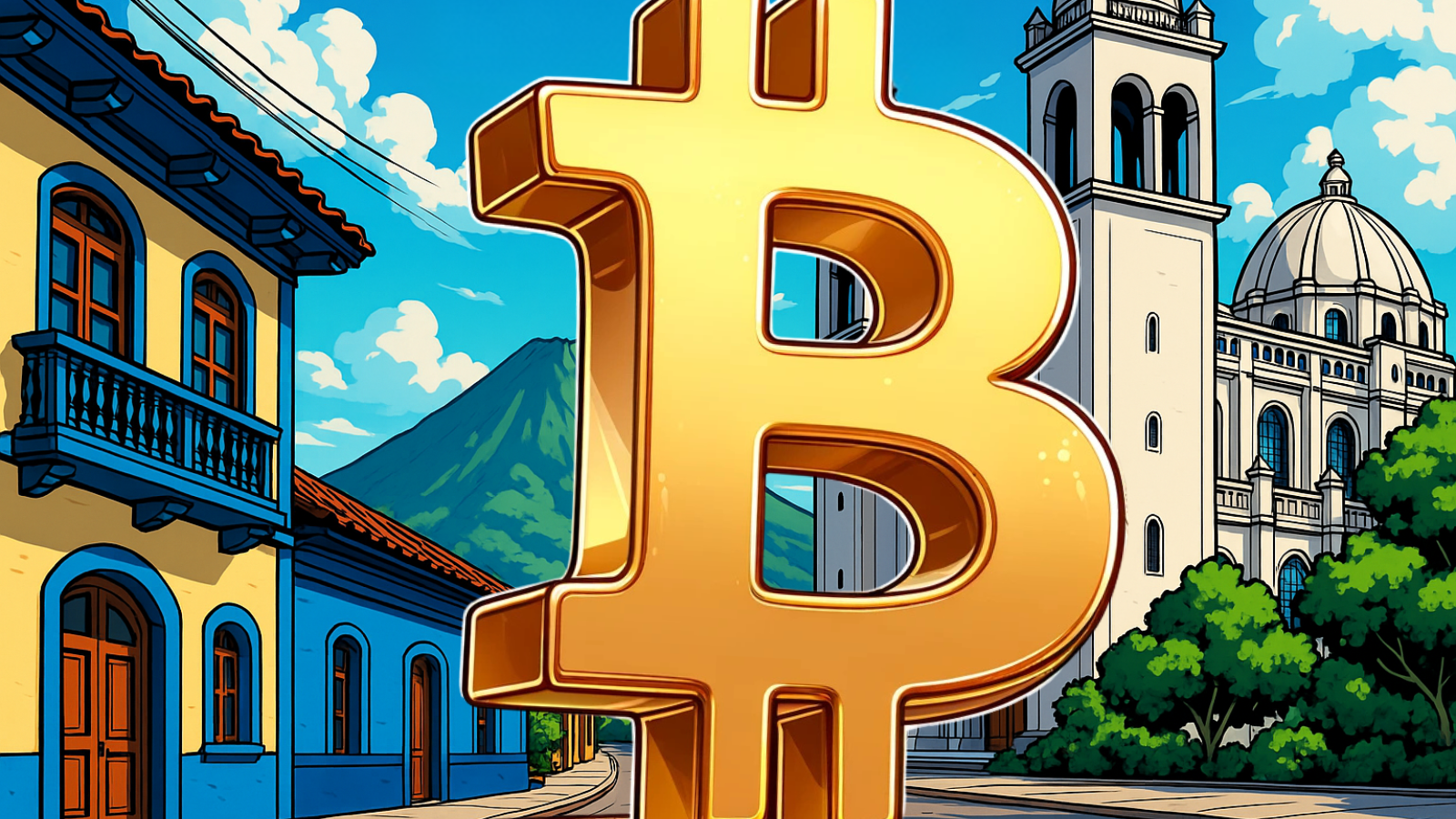El Salvador Buys More Bitcoin While Complying With IMF Deal
El Salvador maneuvers around IMF agreement to keep buying Bitcoin

El Salvador, the first country to make Bitcoin legal tender, continues to quietly add to its Bitcoin holdings even under a strict agreement with the International Monetary Fund (IMF). Blockchain data from El Salvador’s Bitcoin Office reveals the country purchased 7 Bitcoin worth over $650,000 between April 20 and April 27.
Despite this, the IMF insists El Salvador is honoring its commitment not to accumulate Bitcoin under its public fiscal sector. “They continue to comply with their commitment of non-accumulation of Bitcoin by the overall fiscal sector,” said Rodrigo Valdes, director of the IMF’s Western Hemisphere Department, during an April 26 press briefing. Valdes stressed that the IMF’s $1.4 billion loan program with El Salvador, agreed in December 2024, focuses mainly on structural reforms, governance, and transparency, not Bitcoin.
However, experts suggest that a flexible interpretation of the IMF deal allows Bitcoin purchases by non-governmental entities or reclassified assets, technically keeping El Salvador in compliance. Anndy Lian, a blockchain adviser, explained that this strategy lets El Salvador maintain its pro-Bitcoin stance while securing critical IMF funds to handle its financial instability and low reserves.
El Salvador’s clever maneuvering exposes a growing clash between traditional economic institutions and emerging financial innovations like cryptocurrencies. Lian highlighted that El Salvador’s case offers important insights for other nations considering crypto adoption. He emphasized that a strong regulatory framework and the ability to manage international financial pressures are essential for countries venturing into digital assets.
As El Salvador continues balancing Bitcoin investments with international agreements, it remains a key example of how small nations can challenge global financial norms without entirely abandoning crucial external support.


